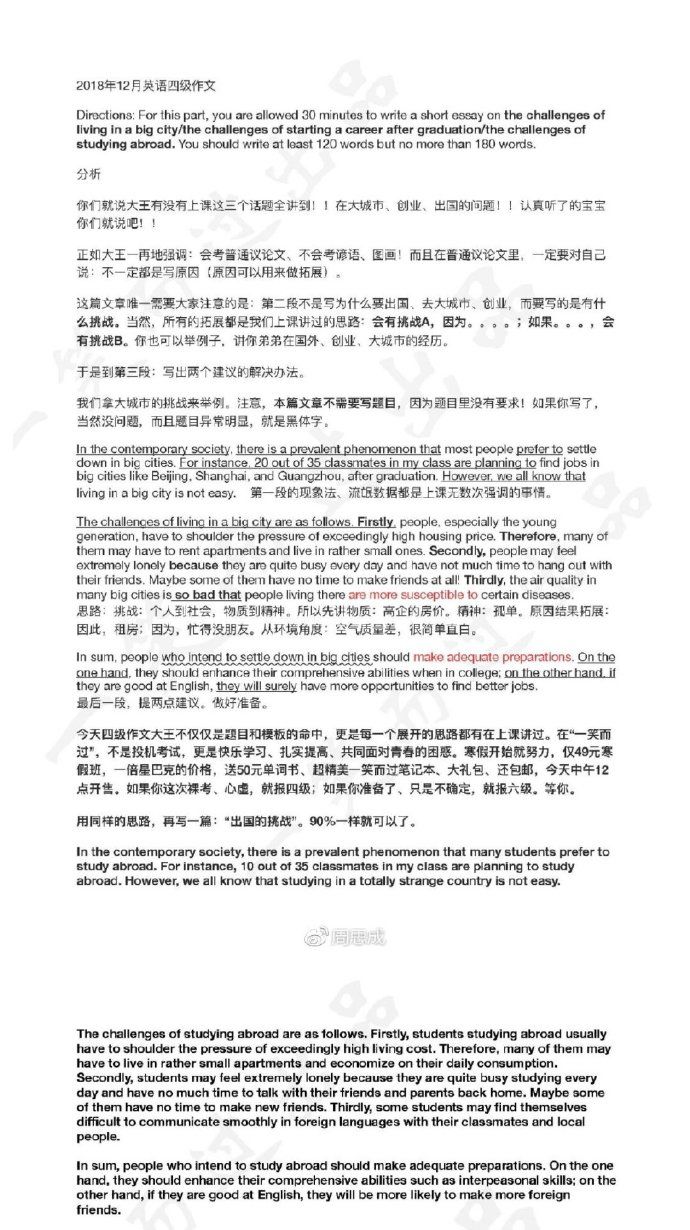Migrants 'must have more say'
|
Migrant workers and their left-behind families must be better represented in the democratic process as it relates to rural governance, Minister of Civil Affairs Li Xueju said yesterday. Speaking at a conference in Beijing to mark the 10th anniversary of the introduction of the Organic Law of the Villagers Committees, Li said: "It is an emerging challenge to safeguard the rights of migrant workers and their families through the implementation and revision of the law." The law has been under revision since 2006, although a date has yet to be set for its approval. China has 140 million migrant workers and their ranks swell by 8 million every year, Li said. Most of them are so busy trying to make money in the city to support their families that they have little or no time to vote on issues that affect their home villages, previous research has showed. A survey done in 2006 among 753 migrant workers in Wuhan, Hubei province, showed that just 19 percent of them had voted in their local elections. When China amended its Constitution in 1982, it stated that all villages should be governed by the villagers themselves, and that key issues should be decided upon via a public vote. However, it took 16 years for that law to come into force. By the end of last year, China had 613,000 village committees, Li said. According to figures from the civil affairs ministry, the average turnout rate for village polls is 80 percent. Modern village governance must also represent emerging social groups, such as private business owners and skilled workers, Li said. In the draft of the revision, village committees are required to inform migrant workers of all elections back home, he said. Also, migrants should be given a voice on issues that affect them while they are working in the city, he said. Tang Jinsu, deputy director of the ministry's basic governance and community department, said the revision will also consider new election methods to help combat corruption and disputes. "We have to tighten the law to protect the interests of the public," he said. The revised law should also give more autonomy to rural communities, insist on direct elections and promote a more transparent and more efficient management system, he said. |








